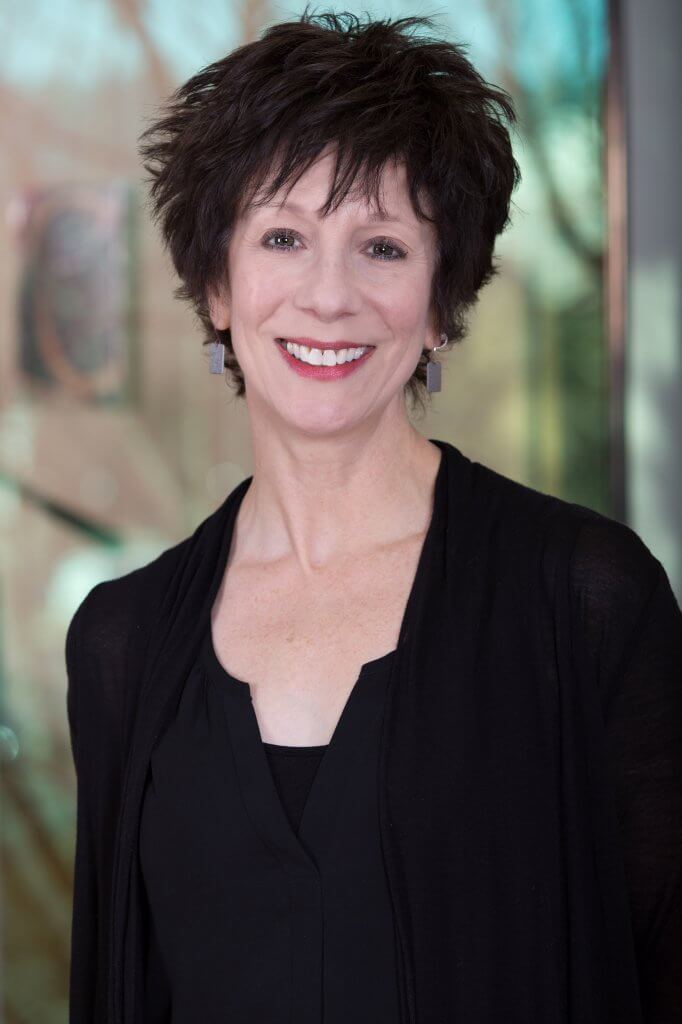During the month of March I’ve been exploring the psychology of food, diet and breast cancer by diving into the topics of unhealthy relationships with food, disordered eating patterns, and full-blown eating disorders. Each of these diet concerns live beneath the umbrella of what I call the underground world of (breast cancer) nutrition.
Unfortunately, this topic runs so deep and harbors so many nuances, I could easily write about nothing else.
Forever.
Rather than do that, I’m wrapping up this topic with a hefty two-part post.
For some of you, these topics may be new; you were perhaps surprised at the content. For others this is a familiar theme, and you found yourself nodding in agreement with (or at the very least, acknowledgement of) the concepts and connections presented.
Regardless of where you hang out on that spectrum, there are few in the breast cancer community who wouldn’t benefit from guidance on surfing the wave of emotion, feelings, well-intentioned advice, need for control or rebellion, and the connection to food and diet.
So let’s dive into Part I, where I shed light on some of the complex thought patterns and self-sabotaging behaviors alive and well in that underground world.
You Can’t Make Me Change My Diet, I’ll Eat Whatever I Damn Well Please.
That’s ok, it’s your choice. No one is going to make you eat (or not eat) anything you don’t want to. Seriously.
You’re a grown-up, this is America, and the beauty of those two things means you. can. eat. whatever. you. want. At any time. In any place. In any amount. By the way, even if you’re NOT living in America, I’ll bet you’re able to freely choose your diet!
There’s something about a breast cancer diagnosis and all its “have to do’s” that can make one feel overly protective of their pre-diagnosis dietary habits. And with good reason. There’s tremendous comfort in familiarity. The idea of abandoning foods woven into the F3 (family, friends, fun) routines you held before you were diagnosed can feel as disquieting as strolling outside buck naked to retrieve your morning paper.
Not only that, but familiar foods represent and connect you to a sense of normalcy. Right now, when any sense of normalcy appears incomprehensible, you may just find yourself tightening your grip on “less-than-healthy” but “more-than-comforting” choices.
A few examples:
- Wine flowing freely at your book club.
- Chips, salsa and giant margaritas at the Mexican restaurant where you and your sister meet weekly.
- Pints of premium ice cream while you binge-watch your favorite Netflix series.
- Pizza delivery dinner from your favorite spot to celebrate Friday.
- Baking (and eating) cookies with help from your favorite little one’s.
Consider this: Is it possible for you to acknowledge the definite link between diet and its ability to potentially reduce risk of recurrence, improve outcomes, increase energy and support an overall sense of wellbeing? If you can, that’s half the battle. Your subconscious brain will consider the rational thoughts around the idea that what you put into your body matters, while your engaged brain will find workable solutions for walking that line. This works because you, and only you, are making all the choices and food decisions. There’s power (and COMFORT) in that.
Rather than abandon ALL of your favorite foods, can you find ways to have them less frequently, in smaller quantity, or be of better quality?
A few ideas for getting started:
- Limit book club wine to a 5-ounce pour, partnered with unlimited amounts of your favorite zero-calorie bubbly water.
- Put a handful of tortilla chips on your plate, send the remainder back to the kitchen, and order the smallest (or a non-alcoholic) margarita offered.
- Serve yourself a small scoop of ice cream to take to the sofa, and return the carton to the freezer.
- Order a pizza loaded with veggies, easy on the cheese, whole wheat crust if available, and an enormous side salad.
- Find healthier cookie recipes with less (or alternatives to) sugar, whole wheat pastry flour, nuts, dried fruit, dark chocolate.
Unsolicited Nutrition Advice from Others
Some people just don’t know when to keep their comments to themselves. Politics, religion, body type or size, weight; these days, nothing seems to be off-limits. While there’s nothing wrong with a respectful, honest discussion of ANY topic, when it comes to these topics in particular, unsolicited criticism, shaming, or ramrodding one’s own beliefs are anything but respectful or honest.
Unfortunately, individual food, nutrition and diet preferences also fall prey to this type of rhetoric. And it’s NEVER ok. Especially now, when you’re feeling particularly vulnerable and like every food choice you make is scrutinized for its level of healthfulness.
Well-meaning or not, flaunting health-haloed (read: SUPERIOR) dietary preferences, or dropping conversational bombshells like “I heard butter causes cancer” disguised as “advice” can feel like a punch in the gut. Or fightin’ words.
What may be even more egregious is when someone climbs onto their nutritional high-horse; especially someone who’s never had breast cancer. Like your friend who shares that her raw diet is the answer to cancer prevention, or the work colleague encouraging you to try a juice detox and coffee enema because their aunt/cousin/manicurist touts them as cancer cures.
Right.
Those conversations are tough to participate in, even tougher to extricate yourself from.
Consider this: Your dietary choices are your own, and not open for discussion by anyone, unless you initiate or request it. Is it possible for you to practice an “at the ready response” to use in these situations? Something like; “While I appreciate your concern and suggestions, nutrition is confusing, and I prefer to discuss it only with my health care team.”
Or, you can simply ignore the comments, DON’T take them to heart, and change the subject. 😉
I Feel It’s Important to Eat Healthy Now, But Don’t Want To Change My Habits
Then don’t. Not every woman who’s diagnosed makes changes to her diet.
How do I know? Personally and anecdotally, I know women for whom a healthy overhaul to their post-diagnosis diet wasn’t on the to-do list (although they tend to be in the minority.)
In a 2015 piece of research, cancer (all types) survivors were found to have dietary intake patterns worse than those in the general population. The study findings were based on National Health and Nutrition Examination Survey (NHANES) dietary recall (self-report) data. Although there were a number of study limitations, such as the inability to assess whether subjects changed their dietary intake after a cancer diagnosis, and whether those changes persisted into later years, it does speak to how a cancer diagnosis doesn’t always initiate improved self-care. (1, 2)
How does choosing to not improve your diet impact outcomes? In my opinion as both an RD and a survivor, at the time of diagnosis, job #1 is to do everything humanly possible to reduce recurrence risk. Beyond that, supporting overall health and reducing mortality risk as one moves into lifelong survivorship is job #2.
Or maybe they tie for first place. Regardless, there’s research to support that adopting healthy dietary improvements gets both those jobs done. (3)
The trick here is to recognize that you’re straddling the fence, and your struggle lies with the incongruence. You FEEL it’s important to eat better, but you’re not (always) interested in making the change. As a result of the back-and-forth pull of guilt and start-stop attempts at changing, you rarely feel a sense of peace with your choice.
Consider this: Even when research supports eating better to live better, the reality is that some women change NOTHING, and still live long, recurrence-free lives.
Base your decision to not change your diet on that, and leave it there – but do it with 100% conviction.
Is it possible that you DO want to change, but don’t know where to start? You feel overwhelmed with conflicting advice, and aren’t confident you can maintain the changes for the long haul?
That’s not uncommon. Think through the pro’s and con’s of both options. If you had personalized support to help you make the change – would you?
Be sure to catch Part II next week!
______________________________________________

Cathy Leman helps survivors of ER+/PR+ breast cancer conquer their fear of phytoestrogen foods, eat without stress and guilt, and confidently rebuild their health after treatment. Click this link and schedule a call to discuss how she can help YOU!
Cathy is a registered dietitian, personal trainer, nutrition therapist, speaker, writer and survivor of ER+/PR+ breast cancer. Start rebuilding your health today with her FREE Lifestyle Choices Matter! Get Started Guide.
Sources
(1) Diet in the Wake of Cancer
(2) Diet Quality of Cancer Survivors and Non-Cancer Individuals: Results from a National Survey

